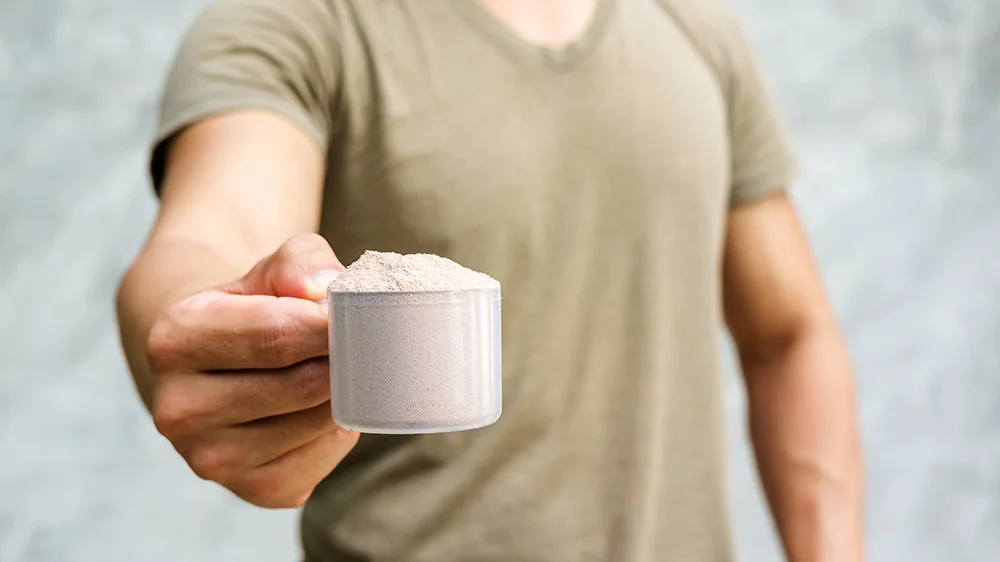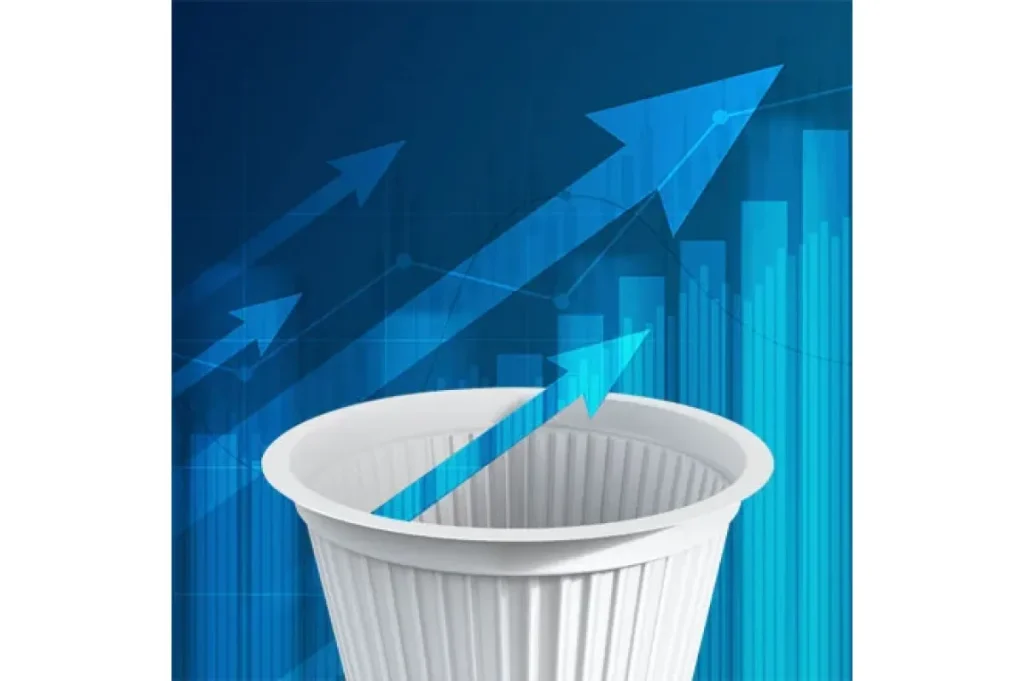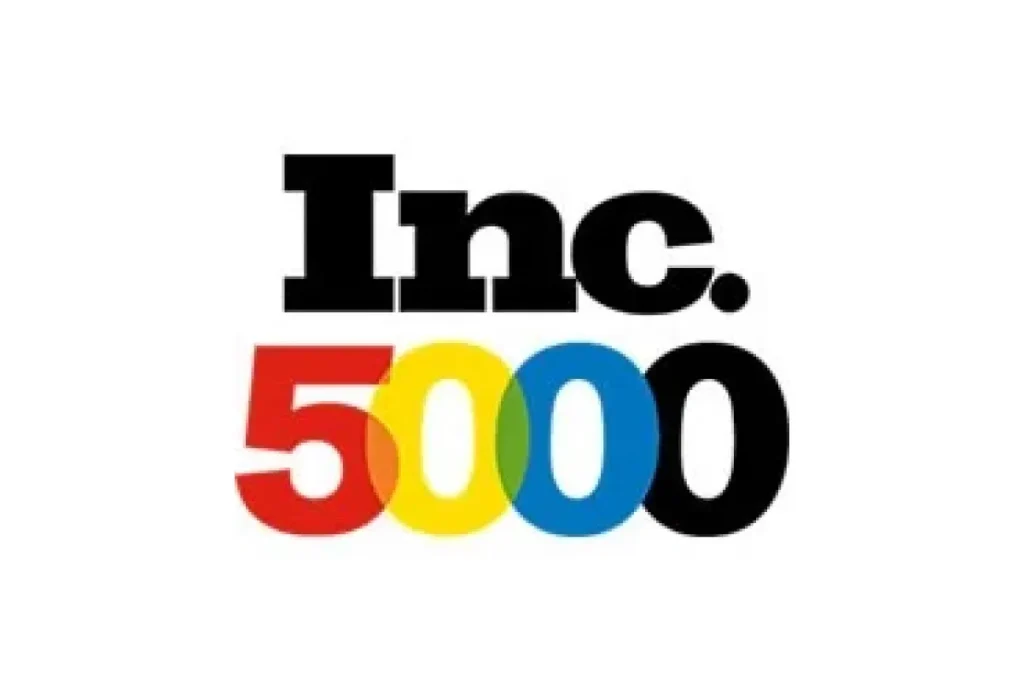The Essential Benefits of Electrolytes for Optimal Health and Performance

In the world of health and wellness, electrolytes often come up in discussions about hydration, muscle function, and overall well-being for optimal health. But what exactly are electrolytes, and why are they so crucial for our bodies? This blog will delve into the definition and function of electrolytes, explore the causes and consequences of electrolyte imbalances, suggest effective ways to correct these imbalances, and highlight the benefits of incorporating electrolytes into your daily routine.
Keep reading for a full overview of the benefits of electrolytes, or use the links below to go straight to a specific topic.
- What are Electrolytes?
- Best Sources for Electrolytes
- Electrolytes imbalances
- Common Types of Electrolytes Imbalances
- Electrolyte Beverages and Powders?
- Electrolyte Market Growth?
- Your Co-Pack Partner?
What Are Electrolytes?
Electrolytes are critical minerals that support various bodily functions, including hydration, muscle function, and nerve signal transmission. Key electrolytes include sodium, potassium, calcium, magnesium, chloride, phosphorus, and bicarbonate. Here’s a detailed look at their benefits and how they contribute to overall optimal health.
- Hydration Support
Electrolytes maintain fluid balance in the body, which is vital for preventing dehydration. Sodium and chloride help the body retain water, ensuring that cells are adequately hydrated and can function properly.
- Muscle Function and Cramp Prevention
Electrolytes like magnesium and potassium are crucial for muscle contraction and relaxation. They help prevent muscle cramps and support endurance by ensuring that muscles function optimally and receive adequate blood flow.
- Heart Health
Potassium, magnesium, and calcium play essential roles in heart health by helping to regulate heartbeats and supporting cardiac muscle function. An appropriate balance of these electrolytes can reduce the risk of cardiovascular issues.
- Blood Pressure Regulation
Maintaining a proper balance of electrolytes is key to regulating blood pressure. Potassium helps counteract the effects of sodium, promoting healthy blood pressure levels and reducing the risk of hypertension.
- Nerve Function
Sodium, potassium, and calcium are essential for transmitting nerve impulses. Proper electrolyte levels ensure efficient communication between nerve cells, preventing issues like muscle weakness and cramps.
When to Consume Extra Electrolytes
Additional electrolyte intake may be necessary during prolonged physical activity, hot weather, illness, or excessive sweating. Situations that may require extra electrolytes include:
- Intense workouts
- Hot climates
- Illnesses causing fluid loss
- Excessive sweating
Best Sources of Electrolytes
A varied diet rich in fruits, vegetables, and proteins typically provides sufficient electrolytes. Key sources include:
- Calcium: is best known for its role in bone health, but it also plays a key role in muscle function, nerve signaling, and blood clotting. Foods high in calcium: yogurt, bananas, broccoli, spinach, sesame seeds
- Potassium: is crucial for muscle function, including the heart. It helps regulate heartbeat and muscle contractions and is essential for normal cell function. Foods high in calcium: carrots, sweet potatoes, lentils, beans, dried apricots
- Magnesium: is involved in over 300 biochemical reactions in the body. It helps regulate muscle and nerve function, blood sugar levels, and blood pressure. Foods high in calcium: black beans, lima beans, brown rice, edamame, almonds, pumpkin seeds, avocado
- Phosphorus: is important for energy production, bone health, and the formation of cell membranes. Foods high in calcium: yellowfin tuna, firm tofu, meat, lentils
Coconut water, lemon juice, and other fruit juices also offer natural sources of electrolytes.
Safety Considerations
Most people with a balanced diet do not need additional electrolyte supplements. However, for those who do, it’s important to:
- Avoid added sugars in electrolyte drinks
- Monitor intake to prevent excessive consumption, particularly of sodium
- Address specific deficiencies if necessary, such as calcium or magnesium
Electrolyte Imbalances
Electrolyte imbalances occur when the levels of electrolytes in your body are too high or too low. These imbalances can lead to a variety of health issues.
Causes of Electrolyte Imbalances
Several factors can cause electrolyte imbalances, including:
- Dehydration: Excessive loss of fluids through sweating, vomiting, or diarrhea.
- Chronic diseases: Conditions like kidney disease, diabetes, and heart disease can disrupt electrolyte balance.
- Medications: Diuretics, laxatives, and certain antibiotics can affect electrolyte levels.
- Diet: Inadequate intake of electrolyte-rich foods.
- Hormonal imbalances: Conditions like Addison’s disease or hyperaldosteronism.
Symptoms of Electrolyte Imbalances
The symptoms of electrolyte imbalances can vary depending on the specific electrolyte involved and whether the levels are too high or too low. Common symptoms include:
- Muscle weakness or cramping
- Fatigue
- Irregular heartbeat
- Confusion or dizziness
- Nausea or vomiting
- Headaches
Common Electrolyte Imbalances
Hyponatremia (Low Sodium)
Hyponatremia occurs when sodium levels are too low. It can cause symptoms such as headache, confusion, seizures, and muscle weakness.
Hyperkalemia (High Potassium)
Hyperkalemia refers to high potassium levels and can result in symptoms like muscle weakness, fatigue, and irregular heart rhythms.
Hypokalemia (Low Potassium)
Hypokalemia is characterized by low potassium levels, leading to muscle cramps, weakness, and irregular heartbeats.
Hypercalcemia (High Calcium)
Hypercalcemia occurs when calcium levels are elevated, causing symptoms like nausea, vomiting, frequent urination, and kidney stones.
Hypocalcemia (Low Calcium)
Hypocalcemia involves low calcium levels, leading to muscle spasms, tingling in fingers, and abnormal heart rhythms.
Correcting Electrolyte Imbalances
Correcting electrolyte imbalances involves addressing the underlying cause and restoring the balance of electrolytes in the body.
Rehydration
Rehydration is crucial, especially in cases of dehydration-induced imbalances. Drinking electrolyte beverages or using electrolyte powders can help replenish lost electrolytes and fluids.
Dietary Adjustments
Incorporating electrolyte-rich foods into your diet is essential. Foods high in potassium, calcium, magnesium, and sodium can help maintain proper electrolyte levels.
Medication
In some cases, medication may be necessary to manage underlying conditions causing electrolyte imbalances. Diuretics, for example, may be prescribed to manage high blood pressure and fluid retention.
Monitoring and Support
Regular monitoring of electrolyte levels, especially for individuals with chronic conditions, is essential. Healthcare providers may recommend blood tests to check electrolyte levels and ensure they remain within the normal range.
Electrolyte Beverages and Powders
Electrolyte beverages and powders have become increasingly popular as convenient ways to replenish electrolytes. These products are especially useful for athletes, individuals with active lifestyles, and those recovering from illnesses that cause fluid loss.
Electrolyte Beverages
Electrolyte beverages, often marketed as sports drinks, are designed to hydrate and replenish lost electrolytes. They typically contain a mix of sodium, potassium, magnesium, and sometimes carbohydrates for energy.
Benefits of Electrolyte Beverages
- Convenient and ready-to-drink
- Helps with rapid rehydration
- Suitable for on-the-go use
- Available in various flavors
Electrolyte Powders
Electrolyte powders are a versatile option for those who prefer to control the concentration of their electrolyte intake. These powders can be mixed with water to create a customized electrolyte drink.
Benefits of Electrolyte Powders
- Customizable concentration
- Portable and easy to store
- Often contain fewer calories and sugars compared to ready-to-drink options
- Can be mixed with other beverages
MARKET GROWTH OF ELECTROLYTES PRODUCTS
The electrolyte products market has been experiencing significant growth, driven by increasing consumer awareness of health and wellness, and rising participation in sports and physical activities. In the United States, the electrolyte drinks market is projected to grow from $29.61 billion in 2023 to $31.54 billion in 2024, reflecting a compound annual growth rate (CAGR) of 6.5%. This growth is largely attributed to the heightened focus on hydration and health-conscious behavior among consumers.
Globally, the electrolyte drinks market is expected to continue its upward trajectory, reaching $41.12 billion by 2028, with a CAGR of 6.9% during the forecast period. Key trends contributing to this growth include the increasing demand for natural ingredients, innovative flavor profiles, and sustainable packaging. The Asia-Pacific region is anticipated to record the fastest growth rate, driven by rising health awareness and a large, active consumer base, particularly in countries like India and China.
In terms of product segmentation, sports drinks hold a significant market share due to their popularity among athletes and fitness enthusiasts. Electrolyte-enhanced water and hydration powders are also gaining traction as healthier alternatives with no added sugars or artificial ingredients. The expansion of distribution channels, including online retail, is further fueling market growth, offering consumers convenient access to a variety of electrolyte products.
Overall, the market for electrolyte products is poised for substantial growth, supported by ongoing innovations and an increasing consumer focus on health and wellness.
Conclusion
Understanding and maintaining proper electrolyte balance is essential for optimal health and well-being. Electrolytes play crucial roles in hydration, muscle function, nerve signal transmission, and pH balance. Imbalances can lead to a variety of health issues, but they can be corrected through proper hydration, dietary adjustments, and, when necessary, medication.
Incorporating electrolyte-rich foods into your diet and using electrolyte beverages or powders can help ensure you maintain adequate electrolyte levels. Whether you’re an athlete, live in a hot climate, or simply want to improve your overall health, adding electrolytes to your daily routine can offer numerous benefits, from improved hydration to better athletic performance and heart health.
By understanding what electrolytes are and how they function in the body, you can take proactive steps to maintain your electrolyte balance and enjoy the benefits of optimal health.
INTELLIGENT BLENDS: YOUR GO-TO CO-PACKER FOR electrolyte PRODUCTS
Intelligent Blends offers comprehensive solutions to bring your electrolyte products to market efficiently. Leveraging their cutting-edge R&D lab and flexible production capabilities, they can customize your electrolyte beverages in various formats such as K-Cups®, stick packs, and gusset pouches. Their commitment to sustainability and innovation ensures high-quality, eco-friendly packaging options. Additionally, their extensive experience in private label manufacturing and robust distribution networks will help you scale your product, meet market demands, and maintain competitive advantage.










